A G&LR /Ivory Tower Boiler Room podcast brought to you by Andrew Rimby
available wherever you get your podcasts

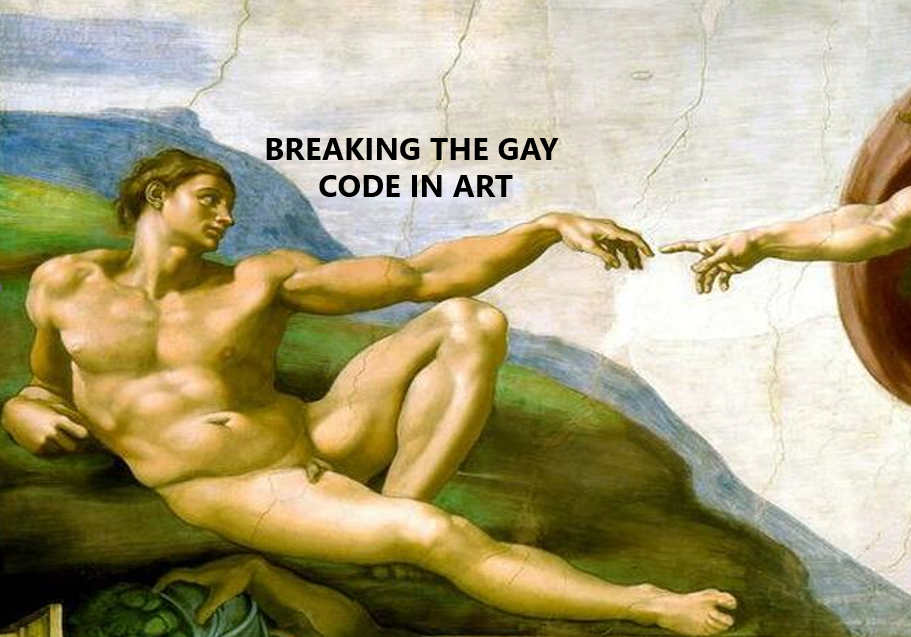
About the Host

Dr. Andrew Rimby (he/him/his) is a queer male LGBTQ+ literary scholar who specializes in 19th-century American and British literature. He is the host/director of The Ivory Tower Boiler Room, an arts and culture organization*; holds a PhD in English and a Grad. Certificate in Women’s, Gender, and Sexuality Studies from Stony Brook University; is the 2019 inaugural recipient of the Guiliano Global Fellowship; a 2019-2020 Public Humanities Fellow; and a Spring 2022 IDEA Grad Fellow. His publications include “Talking Back to Walt Whitman” in Nineteenth-Century Gender Studies, and “Walt Whitman and Queer Theory” in Nineteenth-Century Literature Criticism.
Episodes
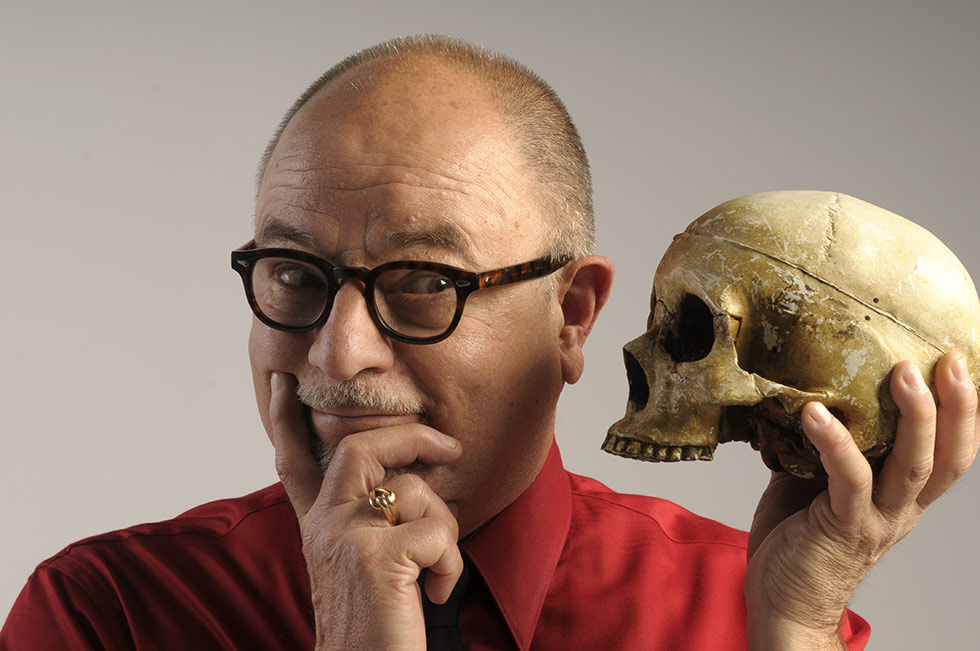
Episode 7
Conversation with Theatre Critic and G&LR contributor, Frank Rizzo
Frank Rizzo was a theater critic for a variety of publications and is a freelance journalist who has written two articles for The G&LR : “A Power Couple Leaves a Legacy” and “The Making of Longtime Companion.” And articles about the magazine After Dark and the writer Patrick Dennis.
In this interview with Andrew Rimby— Frank discusses his long career as a theater critic, starting in smaller newspapers and working his way up to larger publications like the Hartford Courant. He also recommends several recent theater productions he has enjoyed, noting the enthusiastic younger audiences they are attracting; and he talks about the different roles he played as a journalist, including feature writing and theatre reviews.
Also discussed is how the landscape of celebrity interviews has shifted, with the rise of social media and “influencers” making it harder for traditional journalists to get in-depth, personal interviews; and LGBTQ representation in theater and film. Frank reflects on the importance of building relationships with his subjects and the craft of writing compelling profiles, and how the AIDS crisis impacted the arts and the importance of preserving LGBTQ history
You can read all of Frank’s articles on his website: https://showriz.com
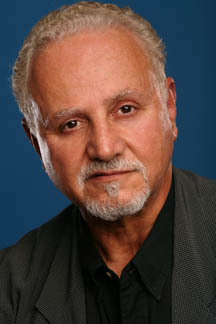
Episode 6
Sitting Down with Felice Picano, One of the Founders of Modern Gay Literature
We’re joined with award winning author Felice Picano who was a key figure of the Greenwich Village literary community from the mid-1970s through the 1990s. He was one of the founders of the modern gay literature movement, particularly through his involvement with the literary salon the Violet Quill. He explains how Violet Quill came to be, and why he decided to co-found this literary society with six other gay writers in New York City, including Andrew Holleran and Edmund White. Their goal? To meet and give each other creative feedback at a time when gay literature wasn’t being taken seriously at all.
During his time in Greenwich Village’s gay literary scene, Felice explains that he met many notable authors like Frank O’Hara, Allen Ginsberg, and yes even Truman Capote. In 1977, he founded Sea Horse Press, the country’s first gay-oriented publishing house, and in 1981, he became editor-in-chief of The Gay Presses of New York. He continues to teach and write, and one day hopes that Hollywood matures enough to adapt more queer literature into films.
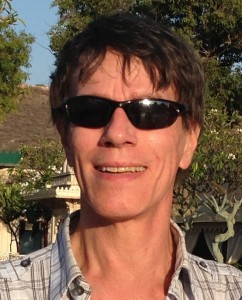
Episode 5
Celebrating 30 years of The Gay and Lesbian Review and Queer Representation in Arts and Culture w/ Richard Schneider
In this episode, G&LR Editor and Founder Richard Schneider Jr. enters The ITBR _podcast to discuss the 30-year anniversary of the magazine. Richard founded the magazine (as _The Harvard Gay & Lesbian Review ) in 1994. Harvard was dropped from its title in 2000.
Andrew and Richard discuss a change occurring in media, as viewers move away from sitcom and scripted shows towards reality TV. Richard also discusses Ink from the Pen , a novel by Mark Olmsted, who wrote an article in the current issue of The G&LR based on his time in prison (“Prison and Privilege”),
as well as some recent reviews and articles about Queer representation in video games, comic books, and dating apps like Grindr.
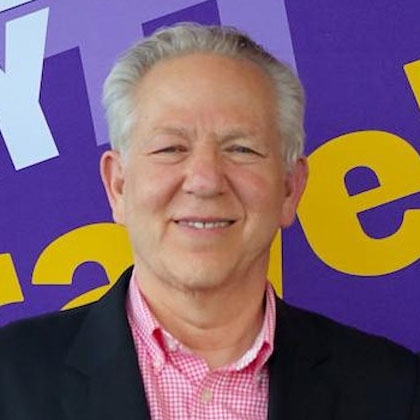
Episode 4
Cracking the Closet on Male-Male Love in Ancient Greek Society with Dr. Andrew Lear
Dr. Andrew Lear, who holds a Ph.D. in Classics from UCLA and taught Classics for many years, is the founder of Oscar Wilde Tours, which features lectures and tours on sexuality in the ancient world.
In this episode, he discusses his work on male-male love in ancient Greek society. First, he explores the state of Classics departments in American universities and why ancient Greek culture and history is such a captivating subject to both students and the public. Then, he delves into the historical record of ancient Greek sexual relations between men and how this system of ancient Greek pederasty inspired future queer men, like Oscar Wilde. Prof. Lear has also had several articles published in The G&LR, including “Secret Penises at the Met.”
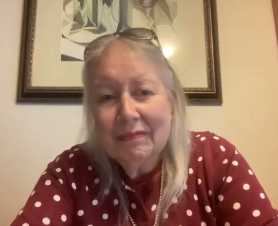
Episode 3
Martha E. Stone’s LGBT+ Literature Picks for Spring & Summer 2023
Martha Stone, the Literary Editor for The G&LR, is responsible for acquiring and selecting books for review, and has contributed to virtually every issue, over 100 articles, mostly book reviews on a wide range of topics, since the magazine’s inception in 1994. Until recently, she was an original member of the magazine’s Board of Directors, retired a few years ago from Massachusetts General Hospital as a research librarian, and now resides in Providence, RI. She also continues to serve on the Advisory Committee of The History Project for Documenting LGBTQ+ Boston.
In this episode, Martha shares all of her publishing wisdom, and talks all about the process of approving books for review and what LGBT literature grabs her attention. Additionally, Martha raves about the books that she absolutely loves and upcoming Spring and Summer LGBTQ+ literature to look out for.
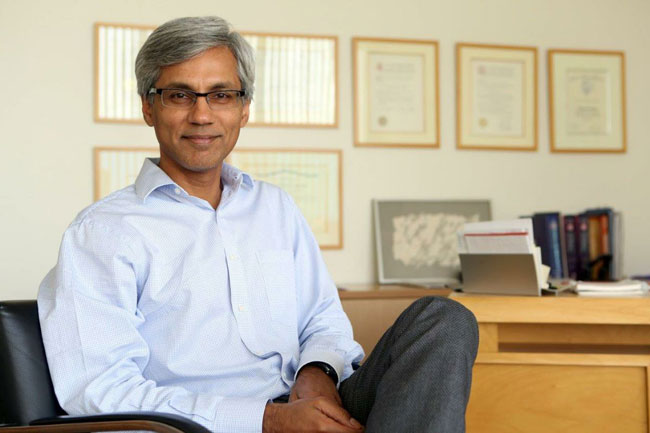
Episode 2
“Same-Sex Behavior Has Been Around Forever,” Dr. Vernon Rosario Discusses the Medicalization of Sexuality and LGBTQ+ Psychiatry
Vernon Rosario, a regular contributor to The G&LR , is a historian of science and Associate Clinical Professor in the Department of Psychiatry and Biobehavioral Sciences at UCLA and joins Andrew Rimby to talk about the intersection between the LGBTQ+ community and psychiatry. Vernon and Andrew mention an array of historical figures such as Foucalt, Freud, and Kinsey in their discussion.
Vernon dives into the climate of queer studies in the 90s, which was newly developing and politically charged, and describes the support he was given as he dove headfirst into the queer academic scene, while not knowing what to expect when he organized the fourth GLB Studies conference at Harvard in 1990. We learn that this dive into queer studies led Vernon to edit the first ever anthology to acknowledge the crossover between homosexuality and the medical field, Science and Homosexualities (Routledge, 1996)
Vernon then transitions into discussing the steps it took to get to where we are today with gender and sexuality studies, which consists of many majors and minors across the U.S. He discusses the debate that went on in the 80s and 90s as to exactly how gender and sexuality should be incorporated into higher education.
Being a historian, Vernon of course talks about the history of homosexuality in the medical realm, as well as the rise of homosexuality being labeled as a disease in the 19th century.
Click on the image below to listen to the entire episode and hear more about the intersection between psychiatry, gender, and sexuality. And be sure not to miss his article in The G&LR ‘s Nov-Dec 2022 issue: “Rise and Fall of the Medical Model.”
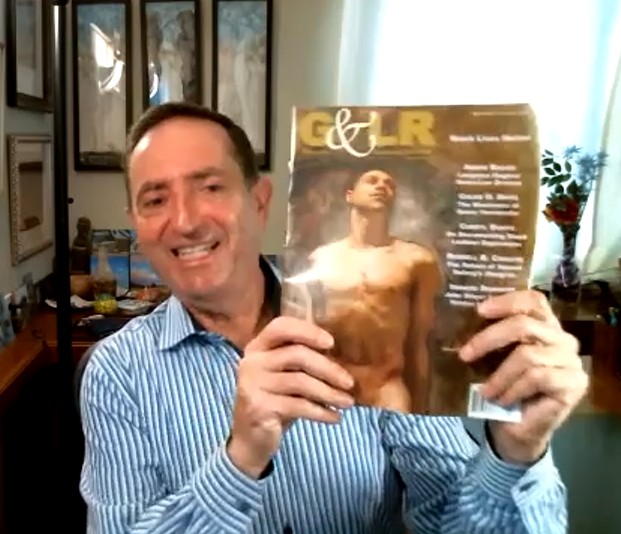
Episode 1
Ignacio Darnaude’s Breaking the Gay Code in Art
Ignacio Darnaude, a queer male art historian and film producer, joins Andrew in The Ivory Tower Boiler Room to converse about the queer male art world. Ignacio starts by dissecting what he has coined “Breaking the Gay Code in Art.” He uses the analogy of “Don’t Ask, Don’t Tell” to dig into why the closet has to be thrown open in the art world. For example, why do so many audience members, at his art lectures, audibly gasp when he reveals that yes so and so artist is in fact sexually interested in men.
Throughout the interview, Ignacio explains the nuances of labelling a male artist or his work as “gay,” “homoerotic,” or “queer.” And, you better be taking notes since we talk about queer art all the way from ancient Greece to the 20th century. A few key figures include Michelangelo, Donatello, Thomas Eakins, J.C. Leyendecker, and Tom of Finland.
Ignacio Darnaude, an art historian and film producer, is currently developing the docuseries Hiding in Plain Sight: Breaking the Queer Code in Art. His writing has appeared in The G&LR where he has explored the queer art of Paul Cadmus, John Singer Sargent, Michelangelo, and Grant Wood. You can find his articles here: https://glreview.org/?s=ignacio+darnaude Follow on Instagram: @breakingthegaycodeinart where you’ll find a link to his YouTube channel, and can follow his personal account @ignaciolosangeles.



